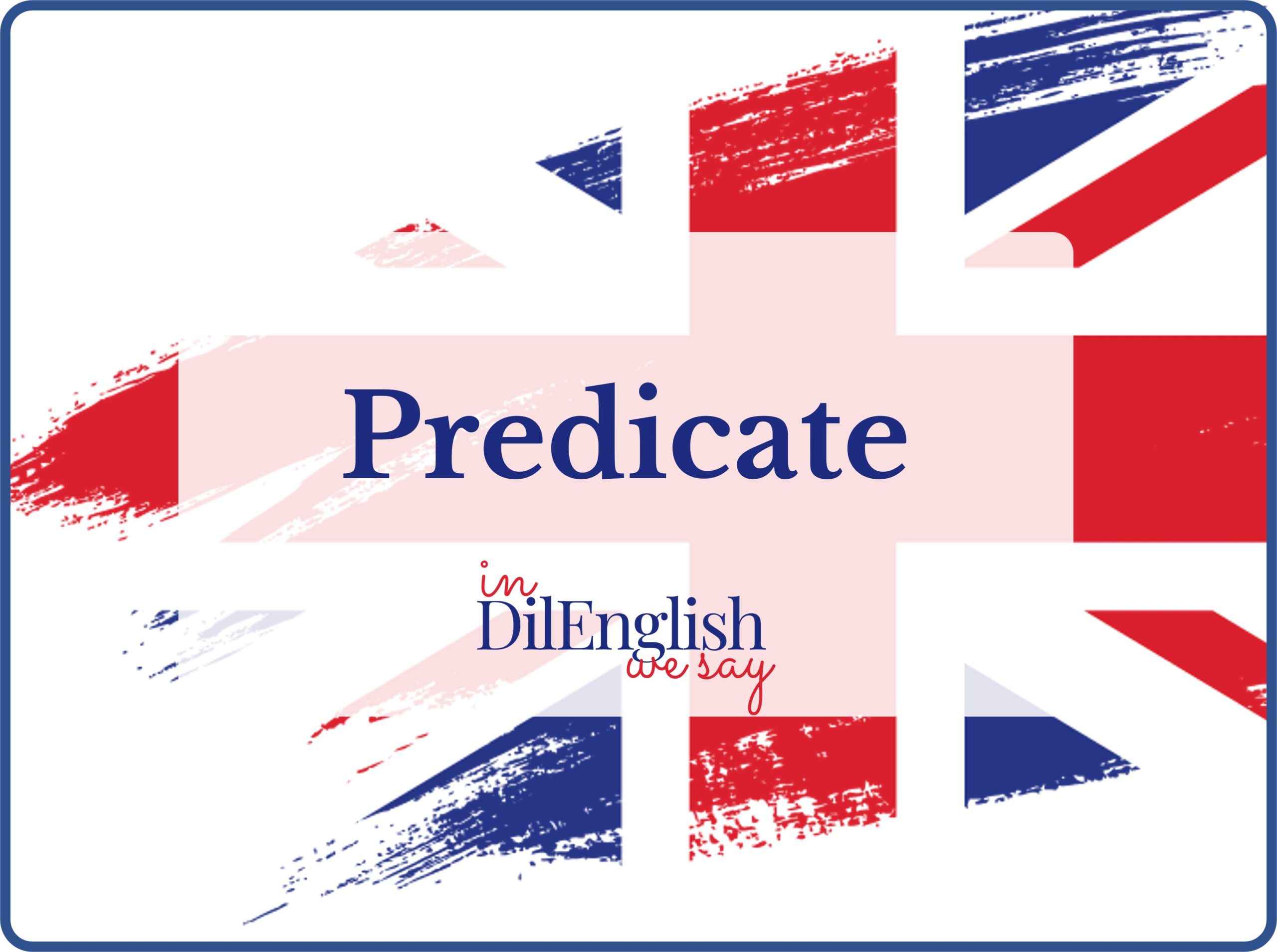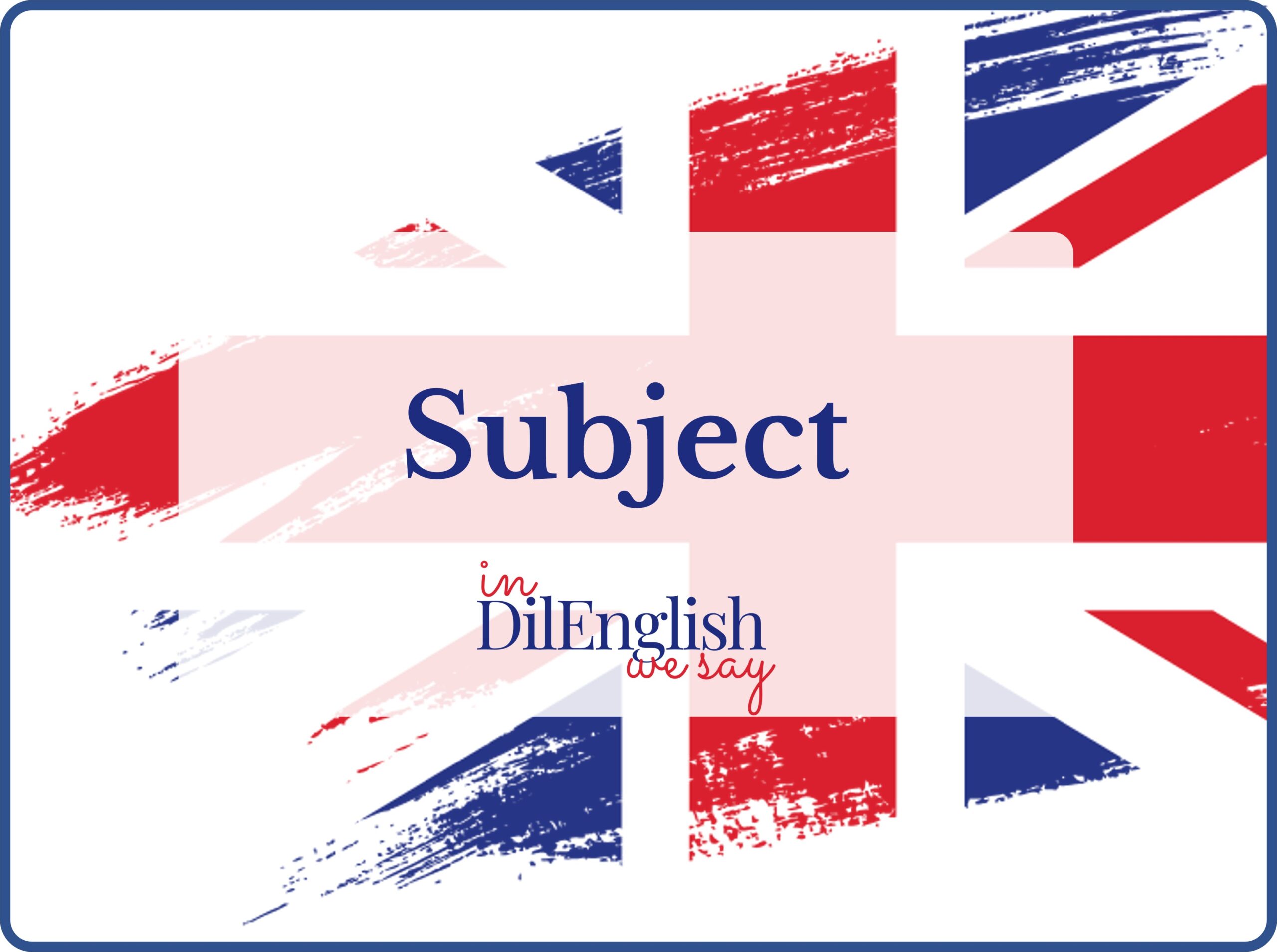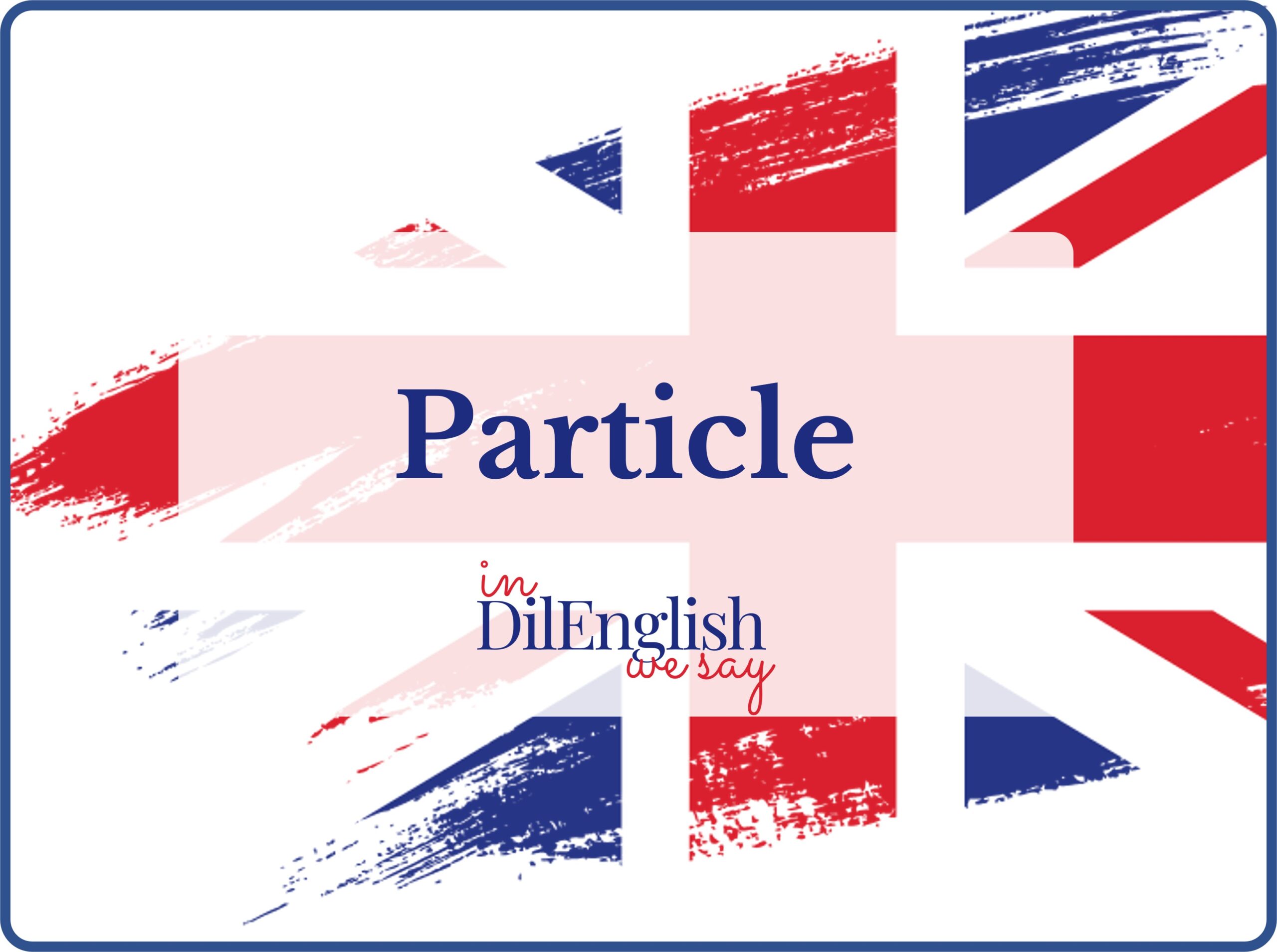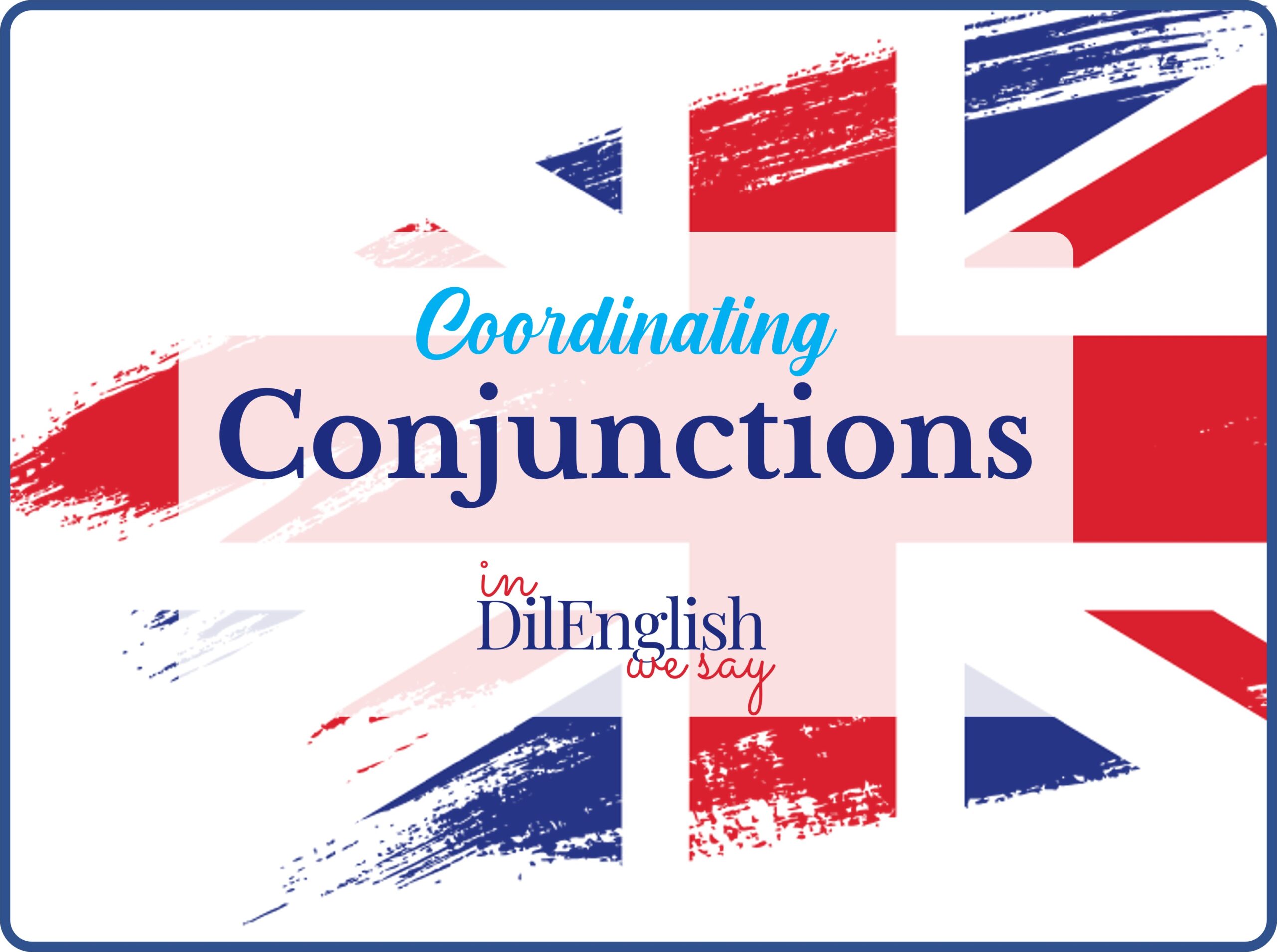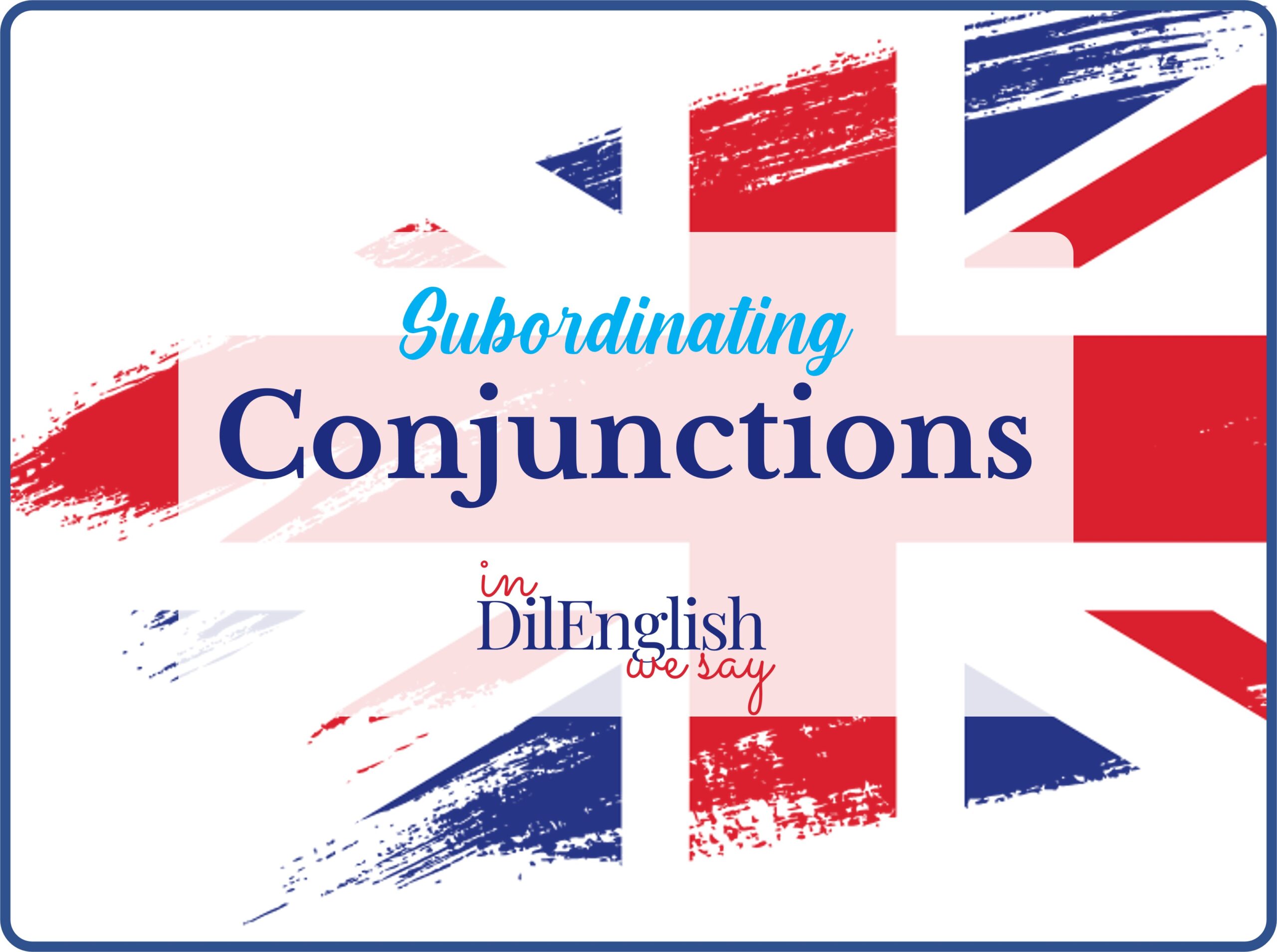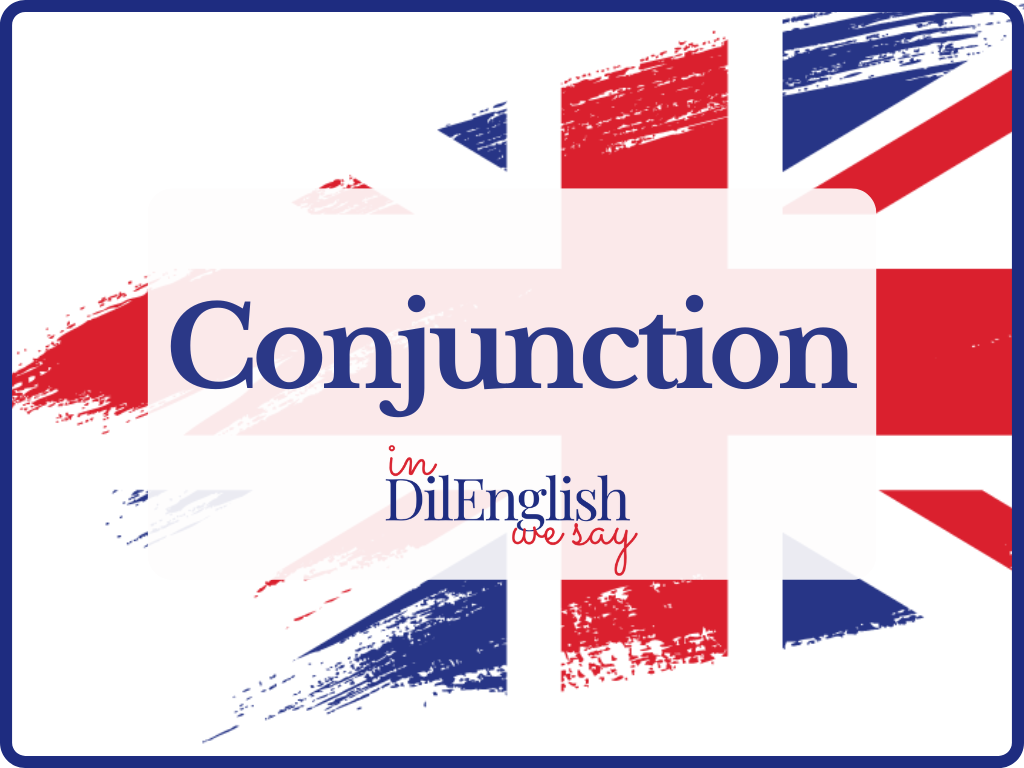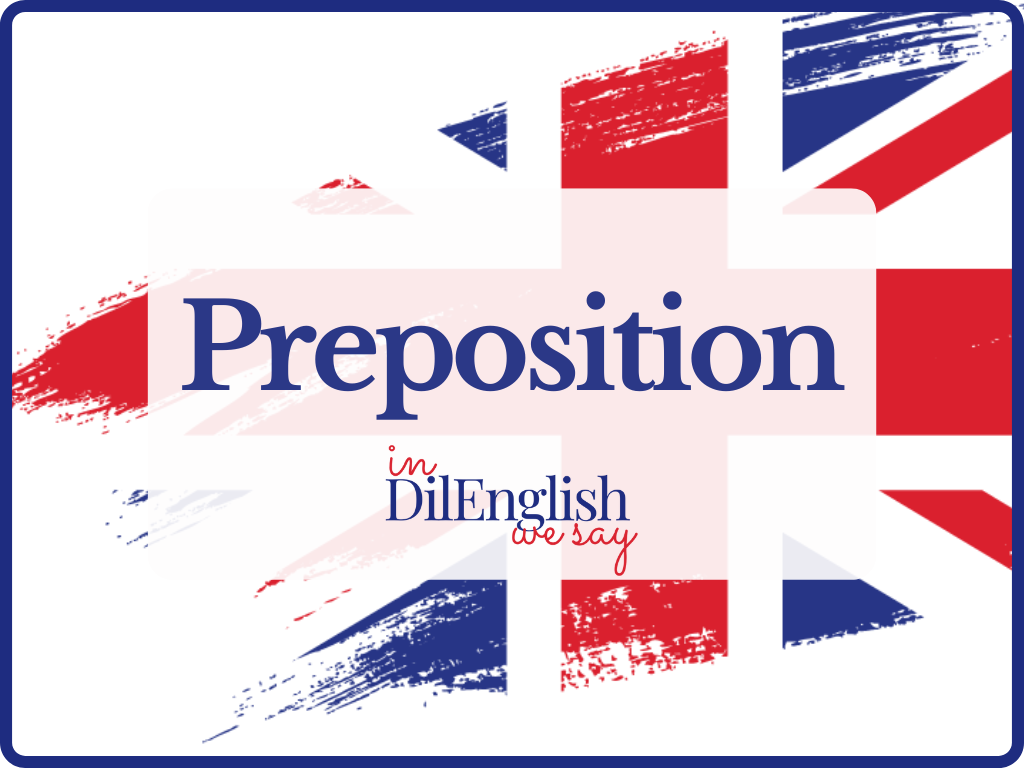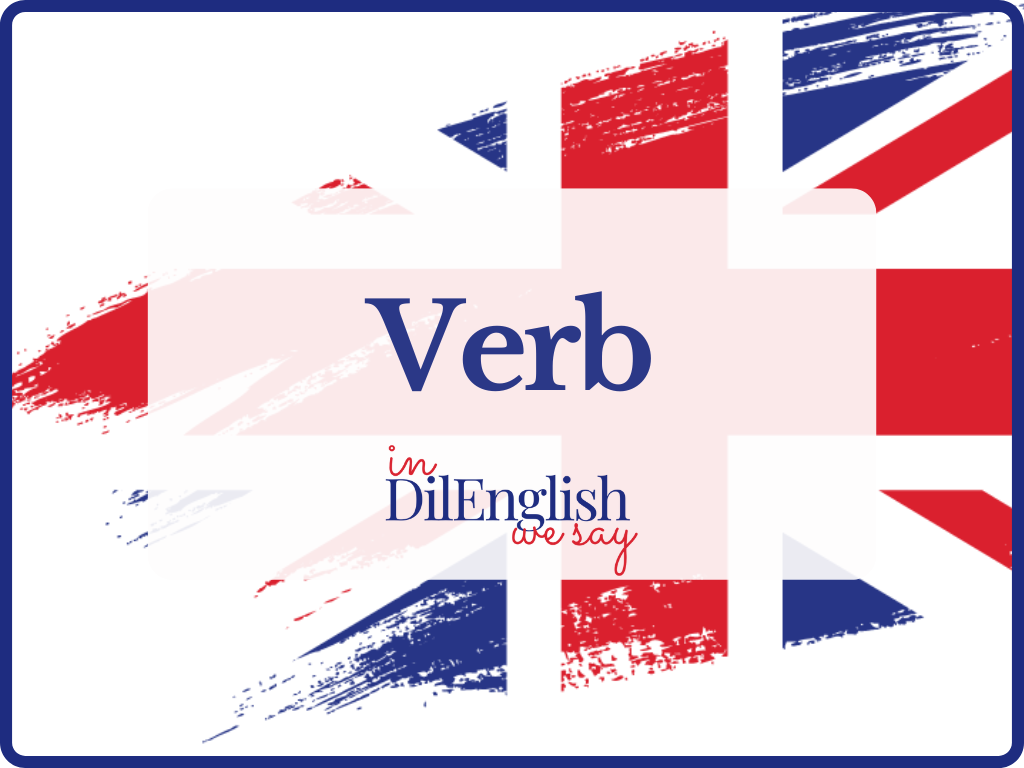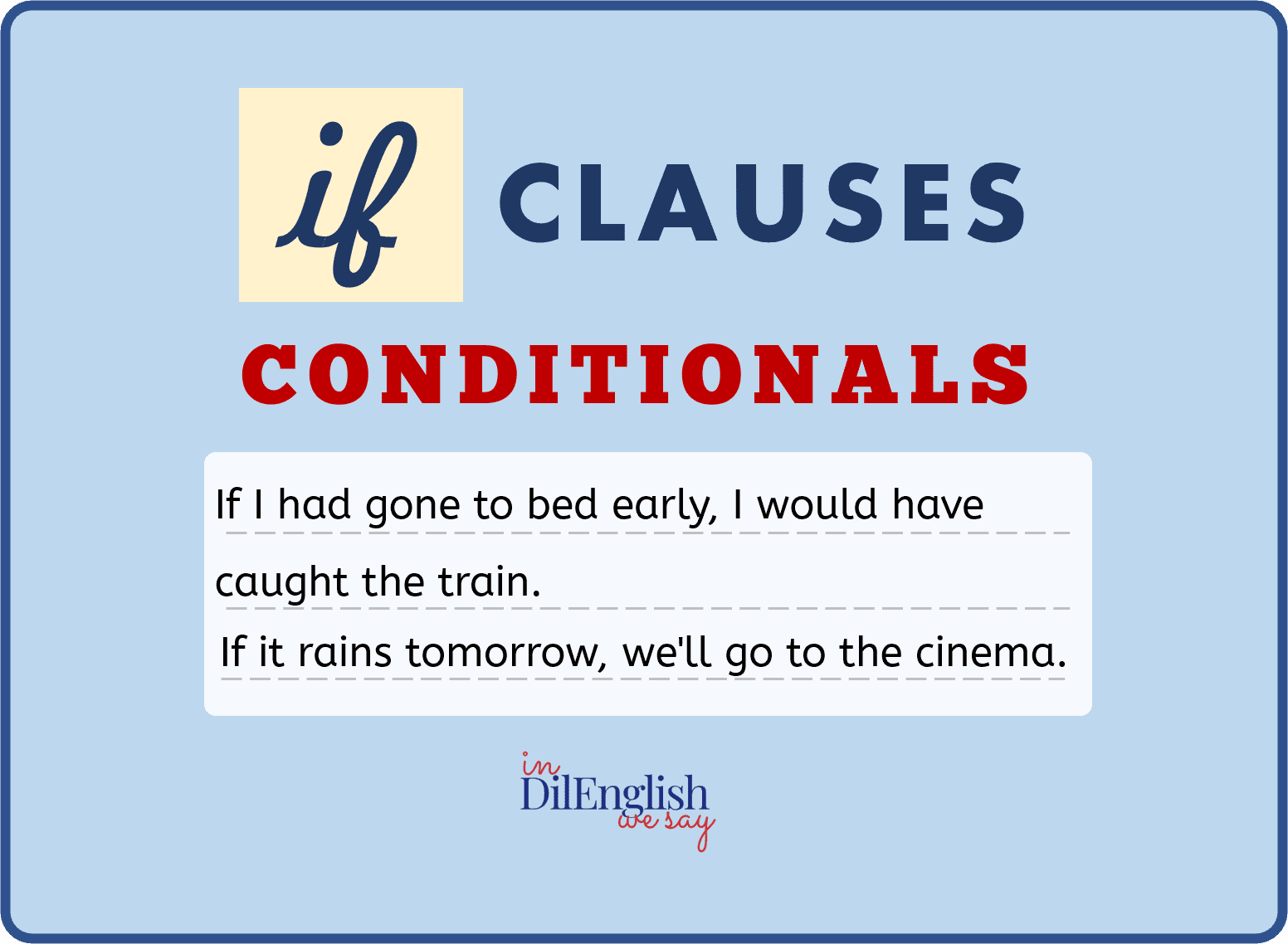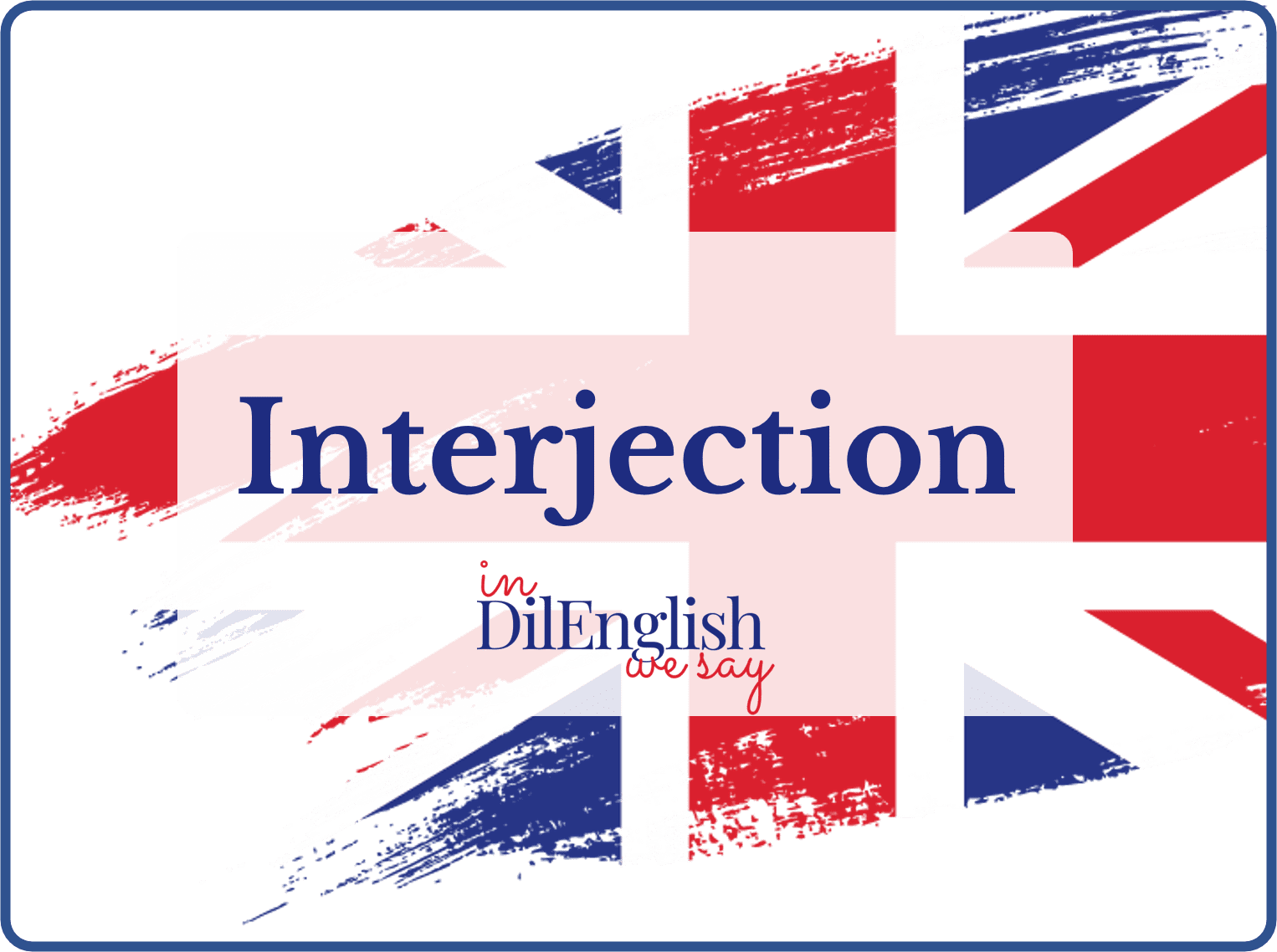Predicate
The predicate is the second principal part of the sentence which expresses an action, state, or quality of the person or thing (The word thing is used in a broad sense.) denoted by the subject. It is grammatically dependent upon the subject. NOTE: This definition does not cover sentences with the formal it as the subject. In these sentences, the predicate expresses the state of the weather, time, or distance, and the subject only makes the sentence structurally complete. As a rule, the predicate contains a finite verb that may express tense, mood, voice, aspect, and sometimes person [...]
Subject
The subject is the principal part of a two-member sentence which is grammatically independent of the other parts of the sentence and on which the second principal part (the predicate) is grammatically dependent, i. e. in most cases it agrees with the subject in number and person. The subject can denote a living being, a lifeless thing, or an idea. Ways of expressing the Subject The subject can be expressed by a single word or a group of words. Thus it can be expressed by: #1. A noun in the common The sulky waiter brought my tea. (Du Maurier) [...]
Particle
The particle is a part of speech giving modal or emotional emphasis to other words or groups of words or clauses. A particle may join one part of the sentence to another (connecting particles). Particles have no independent function in the sentence. Meaning According to their meaning particles fall under the following main groups: #1. Limiting particles: only, just, but, alone, solely, merely, barely, etc. I only wanted to make you speak. (Shaw) Just one question, Mrs. Dartie. Are you still fond of your husband? (Galsworthy) Soames was but following in the footsteps of his father. (Galsworthy) [...]
Coordinating Conjunctions
Coordinating conjunctions join coordinate clauses in a compound sentence, or homogeneous parts in a simple sentence, or homogeneous subordinate clauses in a complex sentence, or independent He had said he would stay quiet in the hall, but he simply couldn’t anymore; and crossing the gravel of the drive he lay down on the grass beyond. (Galsworthy) He opened his eyes and stared quietly at the pure sky. (Wilson) Hers was that common insularity of mind that makes human creatures believe that their color, creed, and politics are best and right and that other human creatures scattered over the world [...]
Subordinating Conjunctions
Subordinating conjunctions generally join a subordinate or dependent clause to a principal clause (a), or adverbial modifiers to the predicate in a simple sentence (b), or sometimes they join homogeneous parts (c). When he was eight, he got work in another mill. (London) He shook his head a bit as if in wonder that he had permitted himself to be caught in such crosscurrents. (Wilson) My look or something else must have struck her as offensive, for she spoke with extreme, though suppressed irritation. (Ch. Bronte) Subordinating conjunctions may introduce subject clauses, object clauses, predicative clauses, adverbial clauses, and [...]
Conjunction
The conjunction is a part of speech that denotes connections between objects and phenomena. It connects parts of the sentence, clauses, and sentences. Sadie brought them in and went back to the door. (Mansfield) ...the blinds were down in the dining-room and the lights turned on — and all the lights were red-roses. (Mansfield) The other day I was saying to Fabermacher that Haviland isn’t really cruel, he’s just thoughtless. And Fabermacher said that was the cruellest thing about the human race. And he’s right. (Wilson) Structure According to their morphological structure conjunctions are divided into the [...]
Preposition
The preposition is a part of speech that denotes the relations between objects and phenomena. It shows the relations between a noun or a pronoun and other words. Usually, the preposition is not stressed and stands before the word it refers to. Desert moved quickly to the windows. (Galsworthy) Sometimes, however, a preposition may be separated from the word it refers to and placed at the end of the sentence or clause. In that case, it is stressed. But he sounds as though he knows what he’s talking about. (Wilson) The proposition may be weakly stressed before a pronoun. She [...]
Verb
A verb expresses action or being. There is a main verb and sometimes one or more helping verbs.She can sing.In the example above, sing is the main verb; can is the helping verb.The verb is a part of speech that denotes an action. The verb has the following grammatical categories: person, number, tense, aspect, voice, and mood. These categories can be expressed by means of affixes, inner flexion (change of the root vowel), and by form words.Verbs may be transitive and intransitive.Verbs have finite forms which can be used as the predicate of a sentence and non-finite forms which cannot [...]
Conditionals
What are conditionals in English grammar? Sometimes we call them 'if clauses'. They describe the result of something that might happen (in the present or future) or might have happened but didn't (in the past) . They are made using different English verb tenses.
Interjection
Interjection is a part of speech that expresses various emotions without naming them.

